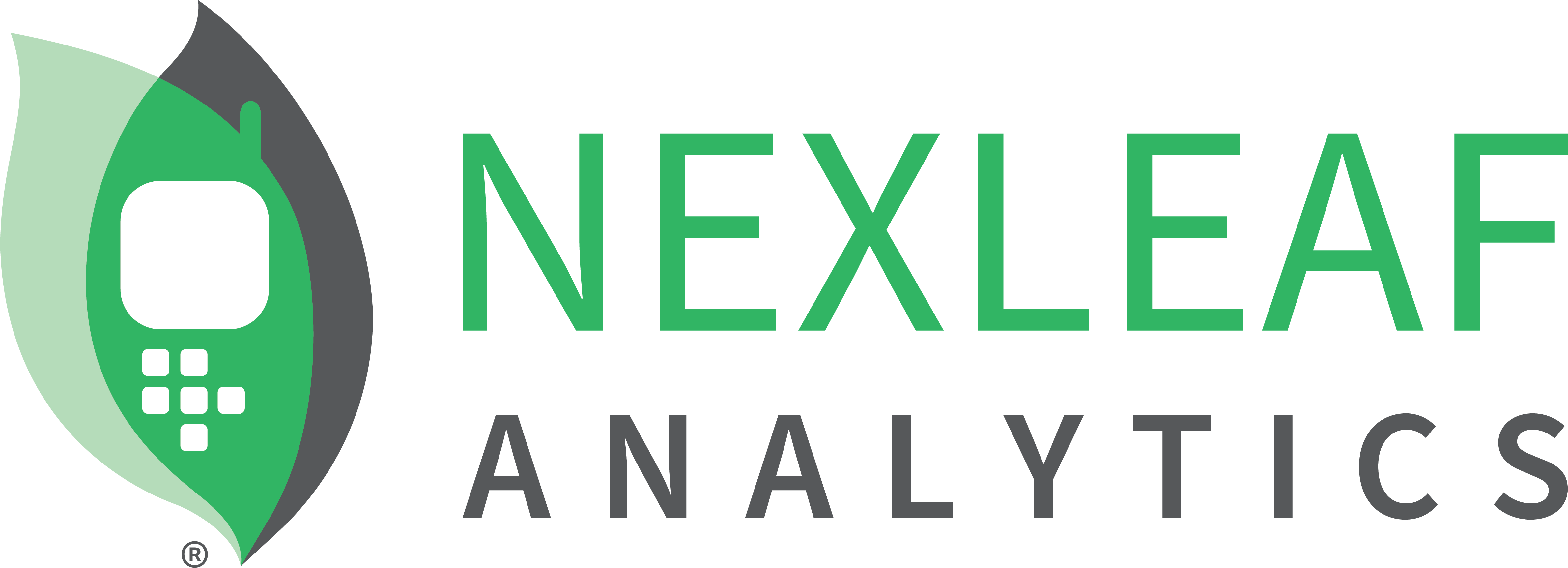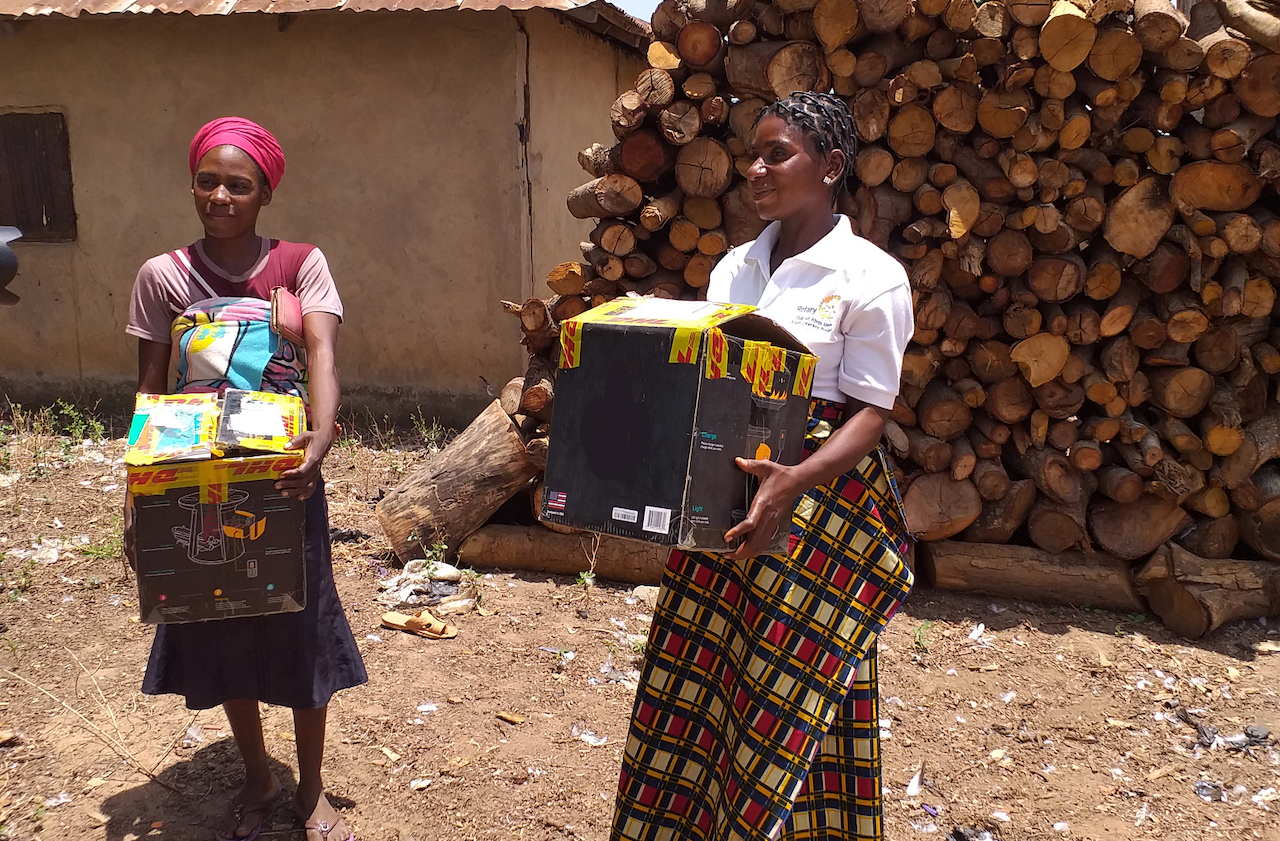Rural Women for Energy Security (RUWES), the Nigeria Ministry of Environment, the Climate and Clean Air Coalition (CCAC), and Nexleaf partner to bridge the clean energy divide in two rural communities.
FOR IMMEDIATE RELEASE
ABUJA, NIGERIA — On International Women’s Day, Nexleaf Analytics announces the launch of a clean cooking program in Nigeria in collaboration with Rural Women for Energy Security (RUWES), the Nigeria Ministry of Environment, and the Climate and Clean Air Coalition (CCAC). Together, the partners will work with Nigerian communities to evaluate the viability of existing clean cooking solutions in resource-limited environments. This program aims to identify stoves and fuels that meet the needs of rural women to help them reduce their carbon footprint and foster equitable clean energy access for healthier and safer environments.
Across 2 villages in Nigeria, Nexleaf will use their StoveTrace system, composed of data-gathering tools and a cloud-based analytics platform, to advance uptake of clean cooking solutions and capture women’s feedback on potential design improvements. “In keeping with the theme of this year’s International Women’s Day, we will take bold action to get Nigerian women out of energy poverty by stimulating rural entrepreneurs in the clean energy sector and empowering our rural women as advocates of new technologies to curb air pollution,” said Nafisah Abubakar, Head of Secretariat at RUWES.
RUWES will work on the ground with the communities to understand local challenges as well as develop viable business models to create a financial value chain for rural woman. “To activate climate action in a country, women are essential. They are the formidable force behind the drive for renewable energy and we plan to intensify our input in the sector,” explains Engr. Bahijjahtu Abubakar, National Coordinator of Renewable Energy Programme at the Federal Ministry of Environment in Nigeria.
The launch of this program commemorates the South-South Learning Exchange, hosted by CCAC and highlighted on International Women’s Day in 2017, when members from RUWES traveled to India to learn of clean cooking practices they could adapt from their peers. As Helena Molin Valdés, Head of the CCAC Secretariat, explains, “More than 50% of black carbon emissions in the world comes from polluting fuels like burning biomass, mainly from cooking. To help transform the sector towards cleaner fuels and better stoves, the Coalition is supporting peer-to peer learning and in this case the force of women to introduce and practice clean cooking. One important factor of success is that this can also provide income for the women involved.” As part of this program, CCAC will raise awareness and actions to reduce short-lived climate pollutants (SLCPs).
“This is a major step in enriching our knowledge and capabilities, and in finding solutions that can thrive in different environments,” says Tara Ramanathan, Director of Clean Energy at Nexleaf. “It’s invigorating to see that when we work collaboratively not only with other stakeholders but also with the women who are doing the cooking, progress is both measurable and attainable.”
The Climate and Clean Air Coalition is a global partnership committed to catalyzing concrete, substantial action to reduce Short-Lived Climate Pollutants.
The Rural Women Energy Security is a non-profit organization which came about due to need to save lives, save the earth and safeguard women and children being the most vulnerable in the Nigerian Society.
Nexleaf Analytics is a non-profit organization that preserves human life and protects the planet by designing sensor technologies, generating data analytics, and advocating for data-driven solutions to global challenges.
PRESS CONTACT:
Denisse Ruiz
Communications Manager
communications@nexleaf.org

